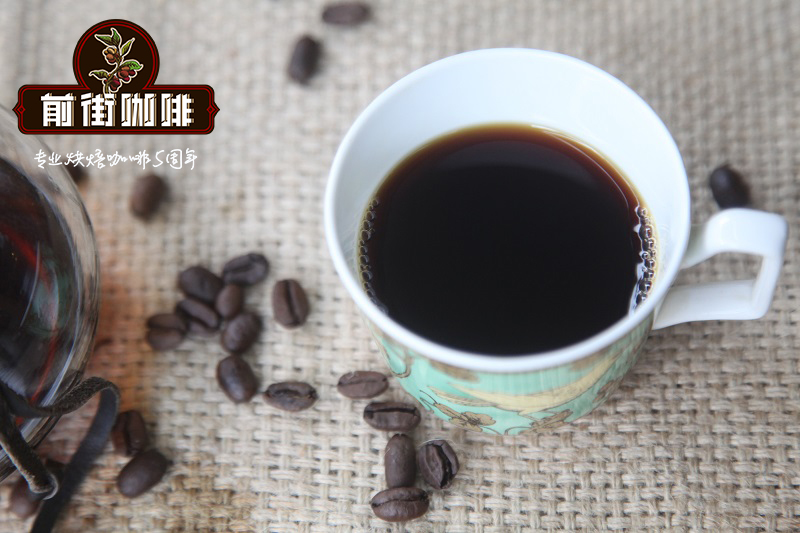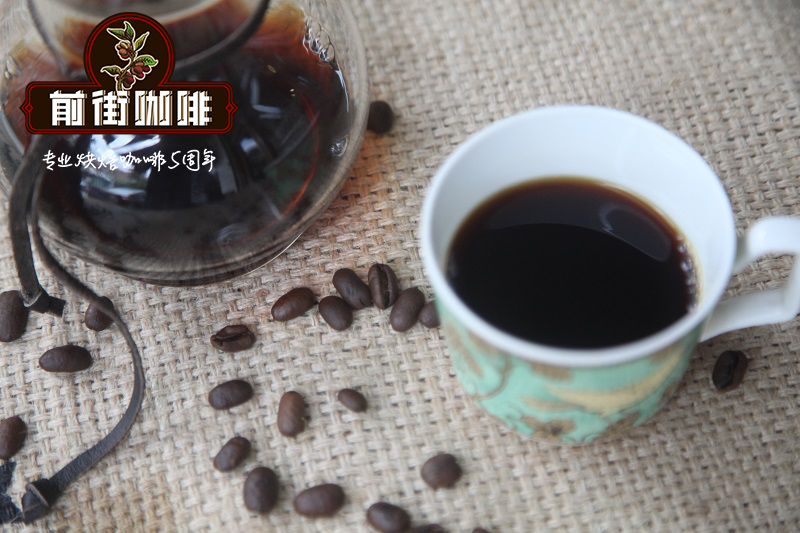Is Costa Rican Tara Pearl Honey unique in Coffee processing? La Pasra Manor Huang Mi Kaduai flavor

Country of origin: Costa Rica
Producing area: Tarazhu
Farm: Finca La Pastora
Altitude: 1800m
Variety: Kaduai
Treatment: yellow honey
Flavor: caramel, peach, juicy
Located in the high mountains of the South Pacific south of San Jose, the capital of Costa Rica, the Tarazu region has one of the highest planting densities in Central America, with many farms 2000 meters or more above sea level. It is called "Zona de Los Santos" locally because of the number of towns with "San" or "Santa" in its name.
The climate of Tarraz ú has two distinct seasons. The rainy season lasts for seven months (May to November) and the dry season (December to April). This encourages even coffee blossoms. The average annual precipitation is between 2400 mm (94.5in) and the annual average temperature is 19 °C (66.2 °F).
Tarraz ú 's fertile volcanic soil and rolling hills are ideal for agricultural production, with small farmers growing bananas, avocados and oranges as well as coffee handed down from generation to generation. Tarraz ú has a strong community and family spirit, and producers proudly take care of their land. Many farms in Tarraz ú include virgin forests and a degree of shade trees, dotted with coffee, and producers should pay attention to protecting the natural water that emerges from the hillside.

The Montero family lives in El Lano de la Pidra between the towns of San Marcos and Santa Maria de Dorta in Tarazu, Costa Rica. The Microbeneficio Don Eli miniature factory, located across the river opposite their home, is fully equipped to process fully washed and honey coffee, as well as a covered drying bed for natural coffee. One of their farms, Finca La Pastora, sits on the side of a nearby mountain with magnificent views overlooking the river valley and Tarrazu. Coffee in Manzanal is named after the apple trees that grow there, so it is chosen to be processed with yellow honey.
However, Carlos did not always have his own mill, and his efforts to build coffee processing capacity on his land were part of the "micromill revolution" in Costa Rica and the result of years of hard work and dedication of the entire family. Carlos was forced to undertake this arduous task because of his family's history of coffee production and his own beliefs and desire to print his family's name on the final product.
The Montero family has been engaged in coffee cultivation for four generations. The legacy begins with Rafael Montero and Emilia Picado. Their son, Eli Montero, and their son, Carlos Montero, will spend their lives in the coffee industry. Today, two of Carlos's children, Jacob and Marianela, produce coffee both inside and outside the farm. When Carlos grew up, he watched his father struggle with difficult sufferings, which often fell on small farmers and began to create opportunities for himself and his family's farm.
In 1971, Carlos joined a high school exchange program in San Diego, California. He accumulated experience and friendship so far and introduced him to the method of coffee production. Carlos later lived and worked in New Jersey, spoke fluent English and traveled to Europe to experience the history and culture of the African continent. Carlos cherishes these experiences abroad, and his favorite aspect of coffee is his connection with people from all over the world. He likes to receive coffee lovers from all over the world and share his culture with guests.
In the past, Carlos and his family have been producing coffee for the local coffee cooperative for more than 20 years. During the 2014-2015 harvest, Monteros risked setting up its own micro-processing plant to handle the coffee it grows. In this way, they can manage their own coffee, focus on innovative processing methods, and ensure the quality of each kind of coffee beans. They have shifted to a way of thinking of quality rather than quantity, and now specialize in honey-treated and sun-processed coffee in addition to cleaning batches that are completely washed.
Important Notice :
前街咖啡 FrontStreet Coffee has moved to new addredd:
FrontStreet Coffee Address: 315,Donghua East Road,GuangZhou
Tel:020 38364473
- Prev

Is Mexican decaf really caffeine-free? How is Swiss water treatment decaffeinated?
Mexico Chiapas Swiss Water treatment low-caffeine Coffee producing countries: Mexico Mexico producing areas: Chiapas Chiapas altitude: 9-1500 m varieties: bourbon, Kaddura, Ironka, Criollo treatment: Swiss Water treatment Grade: HG production season: 2020 Mexico has 12 major coffee producing areas, of which Chiapas is located in
- Next

The Central Valley of Costa Rica introduces the history of coffee cultivation in Sonora, a long manor.
Country: Costa Rica: central Valley Manor: Sonora Manor processing: sun flavor: black cherry, hazelnut, toffee, berries, nectarine Central Valley, or Valle Central in Spain, is a plateau in central Costa Rica. The land in the valley is a relative plain surrounded by several mountains and volcanoes of the Central Mountains. The area has Goth.
Related
- Detailed explanation of Jadeite planting Land in Panamanian Jadeite Manor introduction to the grading system of Jadeite competitive bidding, Red bid, Green bid and Rose Summer
- Story of Coffee planting in Brenka region of Costa Rica Stonehenge Manor anaerobic heavy honey treatment of flavor mouth
- What's on the barrel of Blue Mountain Coffee beans?
- Can American coffee also pull flowers? How to use hot American style to pull out a good-looking pattern?
- Can you make a cold extract with coffee beans? What is the right proportion for cold-extracted coffee formula?
- Indonesian PWN Gold Mandrine Coffee Origin Features Flavor How to Chong? Mandolin coffee is American.
- A brief introduction to the flavor characteristics of Brazilian yellow bourbon coffee beans
- What is the effect of different water quality on the flavor of cold-extracted coffee? What kind of water is best for brewing coffee?
- Why do you think of Rose Summer whenever you mention Panamanian coffee?
- Introduction to the characteristics of authentic blue mountain coffee bean producing areas? What is the CIB Coffee Authority in Jamaica?

